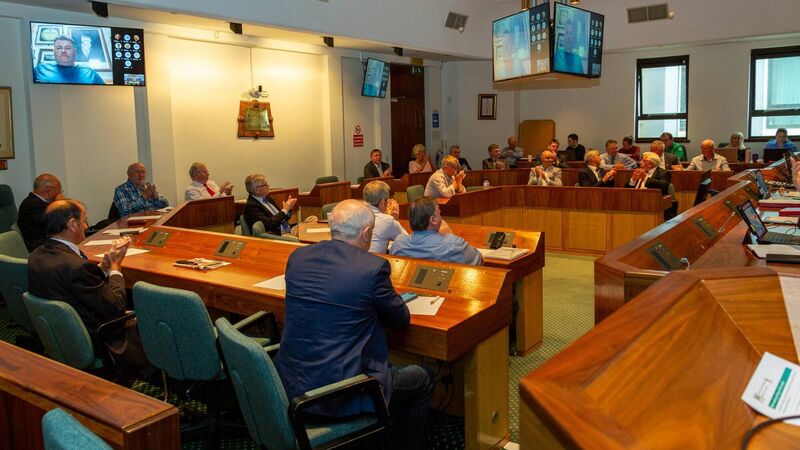Local Government in Ireland: Underresourced and undervalued

The continual erosion of the powers of local councils and councillors has stripped city and county authorities back to being simply being agents of local administration. File picture
With the number of TDs now set to rise at the next election from 160 to at least 172 and possibly as many as 181, and predictions that if our population growth continues we will need an extra two TDs per year based on current Constitutional requirements, there are calls to consider amending the Constitution to have a fixed number of deputies.
Countries such as Denmark (179 seats), Finland (200), and Slovakia (150) are similar in population size to Ireland with fixed seat numbers, although all these examples are unicameral parliaments (they only have one legislative chamber, unlike here where we have the Dáil and the Seanad).













